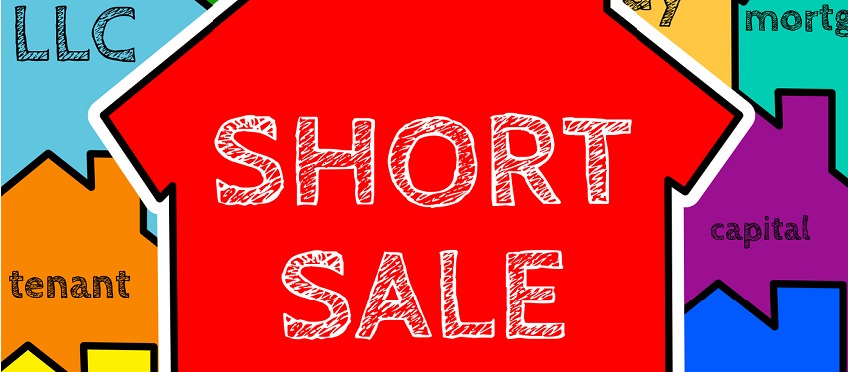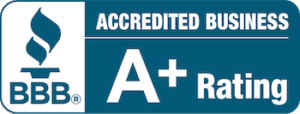The 2008 mortgage crisis hit the Miami area particularly hard.
Today, the impacts of that crisis still linger in the area. Events of that magnitude in the real estate market have a tendency to cause long term damage.
It’s likely yourself (or someone you know) is feeling the financial strain caused by the market.
People tend to panic during these times of financial hardship and subsequently make poor choices.
Don’t let that happen to you. If you’re facing home foreclosure, your best bet is pursuing what’s called a short sale.
A Miami short sale will help mitigate the short and long term damage to your pocket book. If that sounds good, this article is for you.
What Is A Miami Short Sale?
Short sales are the process of selling your home for less than the money you owe on it. They’re commonly used to avoid foreclosures.
For example, you owe $500,000 on your home, but can’t keep up with your mortgage payments, the bank will foreclose on your home if you’re not careful. However, with the short sale, you can avoid this.
Essentially, you’re making an agreement with your lender that you’ll sell the house at a loss, and they’ll get the money.
It’s a way for lenders to recoup their money quickly, without having to sue you for the unpaid mortgage.
Bank Consent to Waive Deficiency
It’s important to note that Florida permits deficiency judgments after a short sale.
This means the lender can sue for the difference between your owed mortgage and the sale price.
If you owe $500,000 and sell for $300,000, the bank could try to collect the missing $200,000.
Protecting yourself against this means getting your realtor to obtain the deficiency waiver from the lender, in writing.
We stress that this is crucial for any Miami short sale.
Why Short Sale?
Short sales make an excellent way to avoid the repercussions of foreclosure. Instead of ruining your credit score, you can
Instead of ruining your credit score, you can sell the house and move on.
Not only that, but short sales will save you money.
Saving Your Credit
Foreclosures remain on your credit record for up to seven years. If you’re planning on applying for a loan, the lender will see the foreclosure.
This means a few things. First, lenders might refuse the loan altogether. Foreclosures indicate you’re not financially stable.
Second, if you do get a loan, the interest rate will probably end up sky high. That’s because the bank wants to pad their pockets should you default on the loan.
Your foreclosure also almost certainly ensures you won’t qualify for another mortgage within seven years.
Avoid The Fees
As if foreclosing on your home wasn’t bad enough, you’ll also have to pay fees to your lender.
With a short sale, however, your agreement with the lender can include waiving any extra fees.
Remember, it costs the bank time and money to file a lawsuit. Their real concern is recouping what losses they can.
You do have some negotiating power in the short sale process.
Wrapping it all up, short sales are an excellent way to avoid the pitfalls of foreclosure.
You’re able to walk away from a bad investment without owing any debt. That’s not something many people can say.
The Best Way To Make A Short Sale
Short sales are all about finding a buyer that’s willing to purchase your home at a moment’s notice. This can prove difficult.
Luckily, home investors do exist that will give you cash for your home now. They’ll even split the proceeds (if the lender allows it).
The quick turn around time of an investor sale gets the bank off your back and helps you move on from your old home.
If you’re interested in learning more about short sales in the Miami area, get in contact with us.
We regularly work with both banks and sellers to make sure your short sale goes smoothly and leaves you debt free.





























